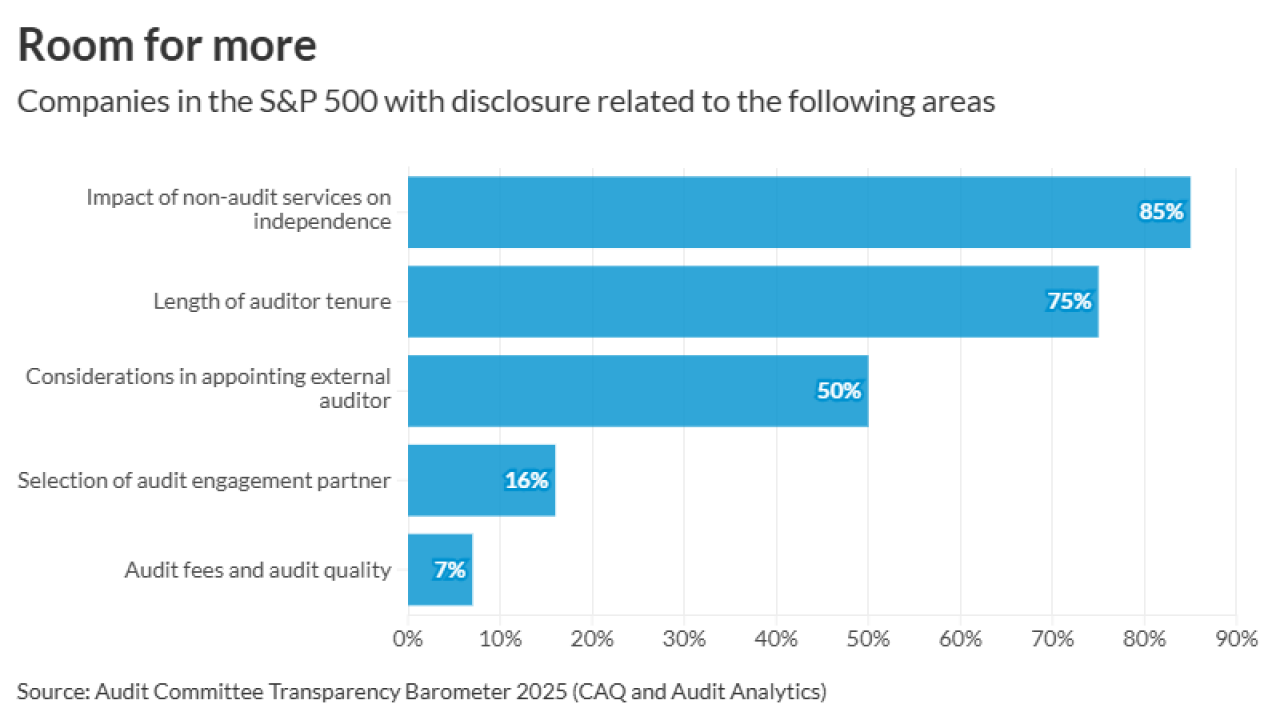The IRS has released two notices related to employer-sponsored health plans under the Affordable Care Act.
For each month beginning after Dec. 31, 2013, Section 5000A requires individuals who are not exempt to either maintain minimum essential coverage for themselves and any non-exempt family members, or include an individual shared responsibility payment with their federal income tax return. A taxpayer is liable under Section 5000A for any non-exempt individual whom the taxpayer may claim as a dependent. Under Section 5000A(f)(2), minimum essential coverage includes coverage under an eligible employer-sponsored plan.
Many employer-sponsored plans have a non-calendar plan year. Generally, eligible employer-sponsored plans do not permit employees to enroll in the plan after the beginning of a plan year unless certain events occur such as a change in employment status. Without transition relief, therefore, many individuals eligible to enroll in non-calendar-year eligible employer-sponsored plans would need to enroll in eligible employer-sponsored plans in 2013, when Section 5000A does not yet apply, in order to maintain coverage under an eligible employer-sponsored plan for months in 2014, when Section 5000A applies.
For further information, call (202) 622-4960.
Beginning next year, eligible individuals who purchase coverage under a qualified health plan through an “Affordable Insurance Exchange” are allowed a premium tax credit under Section 36B. Under Section 36B and Section 1.36B-2 of the income tax regs, in general, an individual (who may be the taxpayer claiming the premium tax credit or a member of the taxpayer’s family) may receive health insurance coverage subsidized by the premium tax credit only for months that the individual is enrolled in a qualified health plan through an exchange and is not eligible for other minimum essential coverage. Section 5000A(f)(1)(A) provides that minimum essential coverage includes coverage under government-sponsored programs such as the Medicare program under Part A of Title XVIII of the Social Security Act, the Medicaid program under Title XIX of the Social Security Act, the Children’s Health Insurance Program (CHIP) under Title XXI of the Social Security Act, and the TRICARE program under Chapter 55 of Title 10 U.S. Code.
This notice applies for taxable years ending after Dec. 31, 2013.
Comments can be submitted in writing on or before August 26 to IRS, CC:PA:LPD:PR (Notice 2013-41), Room 5203, P.O. Box 7604, Ben Franklin Station, Washington, DC 20044, or electronically to





